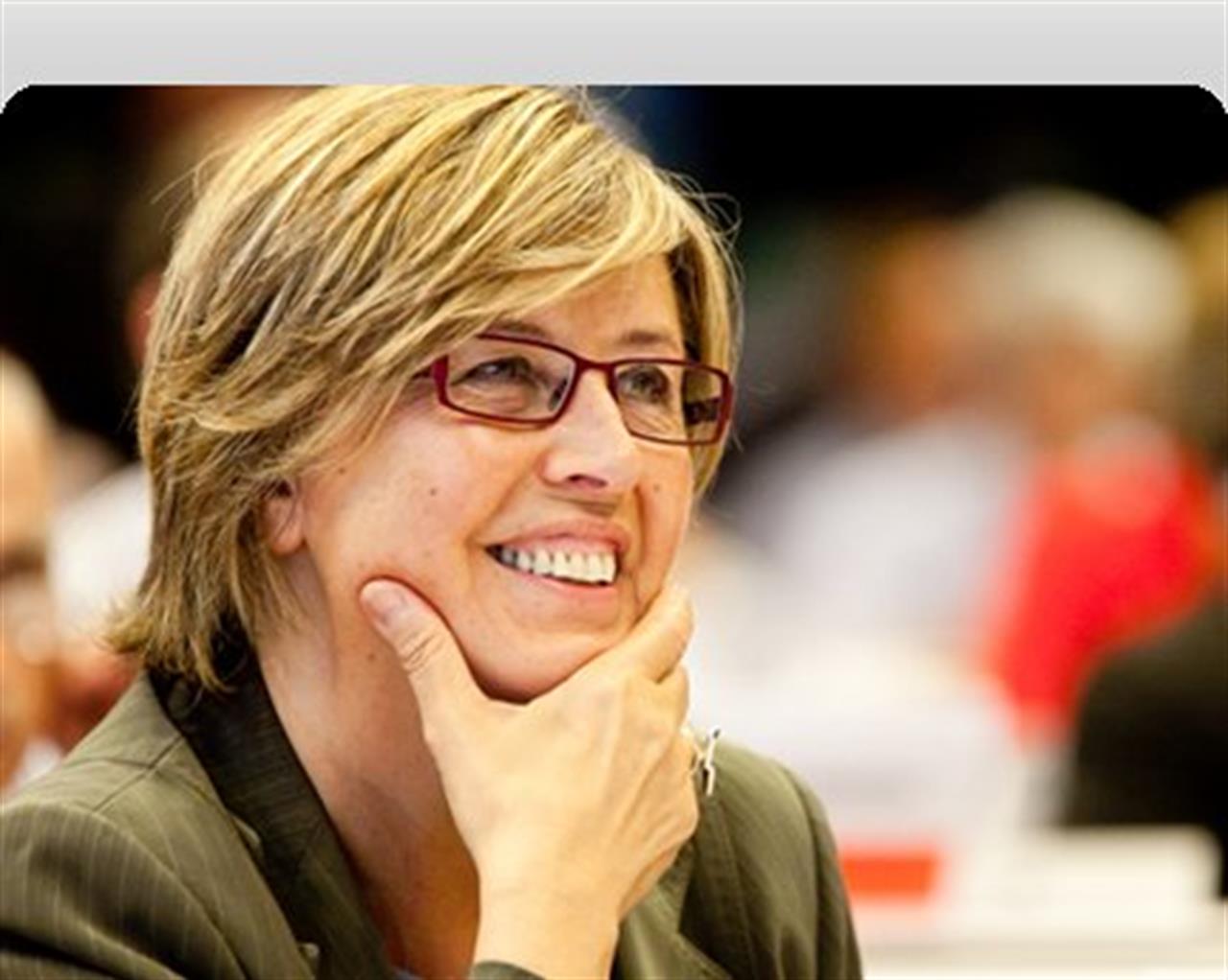Bresso: Ideas as well as funds
Interview with the President of the Committe of the Regions, Mercedes Bresso on decentralised cooperation

“I believe that local and regional authorities are key actors for development, considering that they provide not only financial resources and expertise but also bring to the table new ideas which should be taken into account when defining the overarching EU development policy.” This is the message that the president of the Committee of the Regions, Mercedes Bresso intends to get across at the Second Assises on Decentralised Cooperation taking place on 29 and 30 March in Brussels, and co-organised by the CoR and the EU Commission.
This message has the merit of clarifying the role that LRAs intend to cover in the European development policy. Mercedes Bresso was nominated president of the CoR in February 2010, becoming the first woman president in the history of the EU advisory political assembly with a long experience in European politics. As president of the Region of Piedmont (2005-2010), she strengthened the initiatives of the Italian region in the field of development cooperation. In this interview, Bresso explains her ambitions to make decentralised cooperation an irreplaceable reality of EU development policy.
What are the objectives of the Committee of the Regions in these Assises?
The Assises bring together local and regional representatives from the EU and developing countries to exchange their views and engage in a political dialogue with the European institutions on development cooperation. The ultimate aim is to contribute to reinforcing the full integration of local and regional authorities into development cooperation policies and to build a genuine EU partnership between the different actors active in the field of development.
What are the reasons that determined the themes selected in this edition?
The five topics are the result of extensive consultation based on a series of preparatory meetings with interested local and regional authorities and their associations. Specifically, those five topics are a synthesis between the contents of a Green Paper entitled “EU development policy in support of inclusive growth and sustainable development – Increasing the impact of EU development policy” and some elements from the debate on the future financial perspectives and the main issues emerging from the European Commission’s Structured Dialogue.
A significant number of LRA have been facing important budget cuts. How can these cuts influence decentralised cooperation?
There is no doubt that the global financial and economic crisis has had profound effects on the budgets of many countries, in the EU and beyond. The same applies at local and regional level with many authorities in the EU facing severe budget constraints and trying to cut back on their spending. Yet I expect that the total aid to developing countries in 2011 will continue to be substantial, although of course it will still be far short, in budgetary terms, of what is required to meet the Millennium Development Goals.
Is decentralised cooperation an integral part of European Local and Regional Authorities’ public policy according to you?
I think that most local and regional authorities in the EU active in the field are still committed to pursuing their efforts in terms of development cooperation. Yet the crisis has forced some of them to temporarily scale down on their cooperation commitments. In this difficult context, it is even more important to make sure that development cooperation remains a top political priority while, at the same time, showing how development cooperation can be a good example of added value for public spending.
In November 2011, the City of Busan (South Korea) will host the Fourth High Level Forum on Aid Effectiveness, a hotspot in this period of economic crisis. In what measure can decentralised cooperation represent a value-added opportunity?
Local and regional authorities have so far been excluded from the aid effectiveness process. Yet the CoR has stressed, on several occasions, the importance of their full integration and participation in the aid effectiveness agenda. The CoR expects to participate actively in the process in order to ensure that the voice of regions and cities and their associations is heard and understood.
The next high level meeting in South Korea should be devoted primarily, if not exclusively, to discussion of the priorities set by developing countries, not only as defined by central governments but also ensuring that local and regional authorities in these countries are, at the least, consulted. I believe that in order to encourage true ownership in the beneficiary countries, discussions should take place at and between all levels of government: this is what we call “multi-level governance”.
2011 will be marked by a fierce fight over EU 2014-2020 budget. What are the ambitions of the CoR in the field of development aid?
The CoR will continue to support the EU in its promise of 0.7% of GNI for ODA as soon as possible. To do so, EU central governments, in partnership with local and regional authorities, could explore together new ways of reaching the 0.7% objective. This could also entail the possibility of adopting national legislation for legally-binding ODA targets, based on experience in Belgium or the United Kingdom.
At the same time, in the context of the reform of the instruments at EU level, the CoR will continue to support, through its activities, the need for further funds to be allocated to LRAs, not only under the existing specific programme “Non-State Actors and Local Authorities” but also as part of budget support targeted at a specific territory and channelled via local and regional authorities.
This is an edited version of the full interview available in pdf.
Webistes:
Vuoi accedere all'archivio di VITA?
Con un abbonamento annuale potrai sfogliare più di 50 numeri del nostro magazine, da gennaio 2020 ad oggi: ogni numero una storia sempre attuale. Oltre a tutti i contenuti extra come le newsletter tematiche, i podcast, le infografiche e gli approfondimenti.
